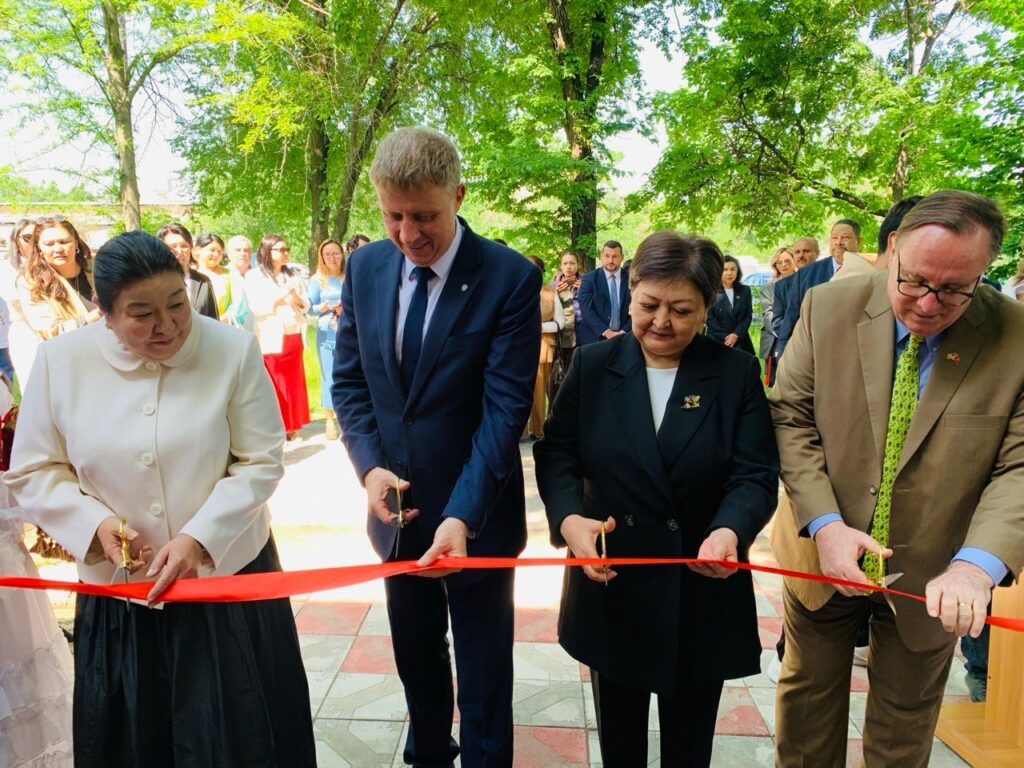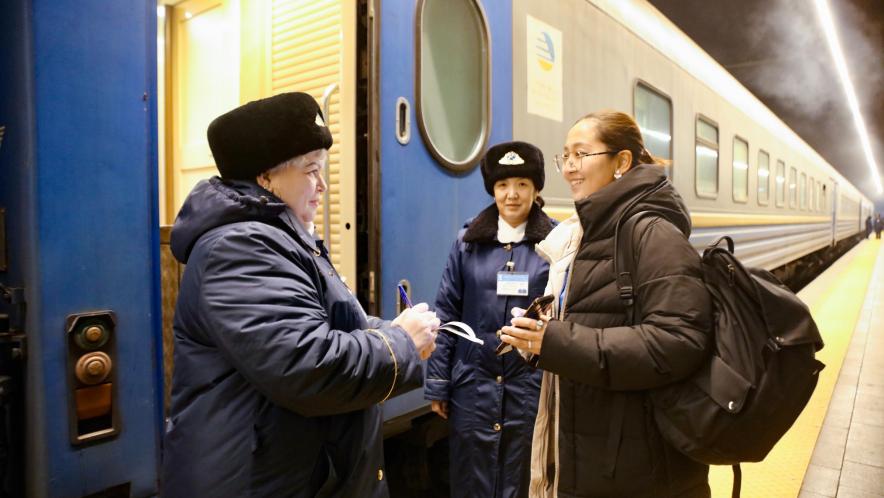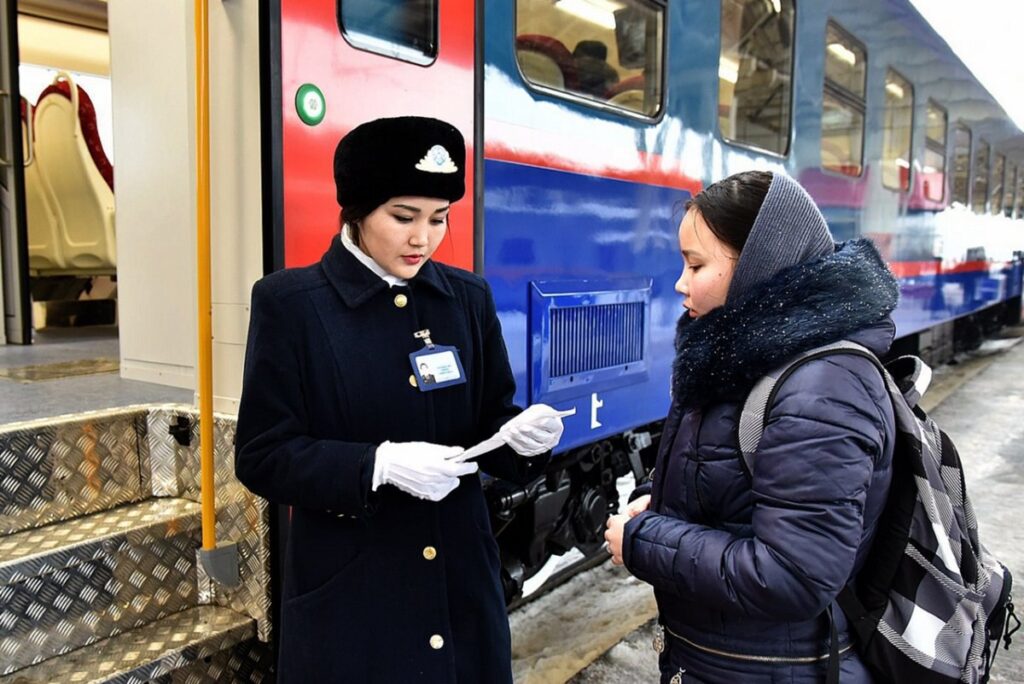Famous Tajik Blogger Subjected to Domestic Violence
In Tajikistan, the husband of famous blogger Rukhshona Rakhmatulloeva has been arrested after she complained of domestic violence, Asia-Plus reports. According to the Dushanbe City Department of Internal Affairs, Rukhshona Rakhmatulloyeva, known on Instagram under the nickname Sofi_1111 where she has more than 400,000 followers, appealed to the authorities through an e-mail in which she complained of beatings and rough treatment by her 32-year-old husband, Umed Rakhmatulloyev. Earlier, followers circulated screenshots of the blogger's post on her page, where she reported that her husband abuses her and threatens her with a knife. In the posts, it is reported that her husband sleeps and sits at home all day while she has to work and support the family. In addition, it is claimed that their children suffer psychologically due to frequent conflicts at home. "The investigation, which included interrogations of the suspect, the victim, and witnesses, confirmed the facts of violence and misunderstanding in the family. The Shohmansur district court sentenced him to administrative arrest for seven days,” the Ministry of Internal Affairs said in a statement. The problem of domestic violence is acute in Tajikistan. According to the Bureau for Human Rights and Rule of Law, 50 to 80% of women and children in the country are subjected to violence. According to the UN, every fifth woman in this country is a victim of domestic violence perpetrated by their husband, mother-in-law, or other family members. Nevertheless, only 1 in 10 women seek help to remedy the situation.






